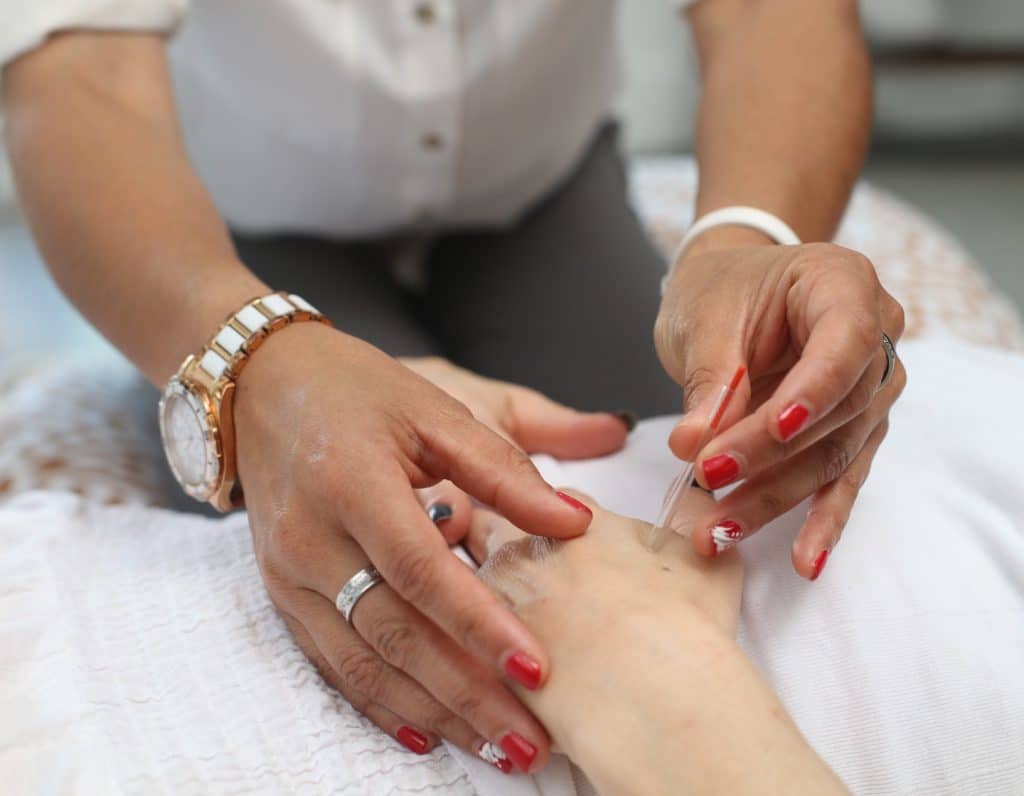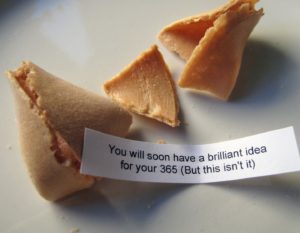

If you’re embarking on a course of IVF — or know a mama who is — then looking to alternative therapies to support the process is often a decision made by many women. A TCM expert tells us more…
Acupuncture in particular has popped up in recent years as a safe therapy to use when undergoing fertility treatments, so to find out more we turned to Traditional Chinese Medicine Practitioner, Mark Chern, to get his advice on how acupuncture can support mamas during the IVF process.
Acupuncture and IVF
In-Vitro Fertilization, originally developed to treat infertility due to tubal dysfunction, is now being used for other issues that pertain to infertility, the most being severely-low sperm count and unexplained infertility. There is research out there that suggests that by integrating acupuncture with IVF, a woman will feel less stressed, and have a higher chance of conception and pregnancy.
Stress
IVF involves retrieving a woman’s eggs, fertilising them in a laboratory and then transferring them back into her uterus. Many women who undergo fertility treatments already have high levels of anxiety. Each additional round on the IVF treadmill often adds to existing levels of stress.
A 2009 study by Balk et al explored whether acupuncture could affect the perceived level of stress at the time of embryo transfer, and whether these perceived stress levels play a role in the outcome of an IVF cycle. Women who received acupuncture in this study had both higher rates of pregnancy and lower reported levels of stress.
Similarly, a 2010 study by Buck et al that involved neither IVF nor acupuncture, did look at the relationship between stress and fertility. It found that a positive stress response, as measured by salivary alpha-amylase levels, significantly reduced the probability of conception. This is just another way in which acupuncture, which reduces stress hormones, may improve fertility.
Blood Flow
Good blood flow to the uterus ensures a healthy endometrial lining. The Pulsitility Index (PI), as measured by ultrasound, is used to measure uterine blood flow. A high PI indicates diminished blood flow, which can result in reduced endometrial receptivity (making it harder for women to conceive!). Steer et al demonstrated that a high PI in the uterine arteries could predict clinical pregnancy failures.
Further research shows that poor blood flow in the uterine arteries is associated with reduced rates of pregnancy following an IVF embryo transfer. In a 1996 study by Stener-Victorin et al, blood flow to the uterus was significantly improved after eight acupuncture treatments over the span of one month. This effect of improved blood flow was present up to two weeks after completion of the eight treatments. The acupuncture protocol employed by Stener-Victorin was replicated in 2004 by a group of IVF clinics in California, USA. It turns out that acupuncture, when used as a complimentary therapy, significantly improved pregnancy rates!
The Stats
Whatever the mechanism of action, three out of four randomised controlled trials revealed significantly higher pregnancy rates in the acupuncture groups compared with the control groups. Take for example the 2002 study by Paulus et al on 160 patients, half of whom used acupuncture for implantation assistance – the results showed an improvement in clinical pregnancy rates from 42.5% in the acupuncture group versus 26.3% in the control group, a very significant result for a couple of needles put into the body before and after embryo transfer.
Women in Singapore are embracing this tool to help them during a trying time, and so are many IVF centres hoping to raise their clinical pregnancy rates. It appears that acupuncture has a positive effect in IVF support and has not shown adverse effects on pregnancy outcome.
See our Guide to Traditional Chinese Medicine in Singapore to find your nearest practitioner or you can contact Mark directly here!






 View All
View All





 View All
View All







 View All
View All







